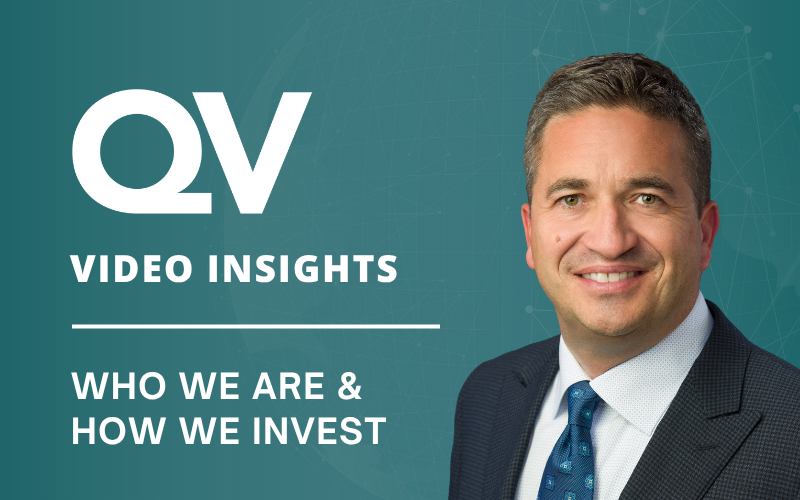Focussing on the long-term is a powerful tool for investors, both from an asset allocation and security selection perspective. Long-term investors benefit from both compound interest and lower volatility through extended investment horizons.
How long is long enough? Based on work done by JP Morgan, an investment horizon of at least 10-15 years significantly smooths out the greater volatility experienced over shorter periods and reduces one’s sensitivity to timing in the business cycle.
While there are significant benefits to maintaining a long-term focus, trade-offs include the opportunity cost of tying up capital for an extended time. A long horizon also means one will be invested during all sorts of future unknowns which can stir up anxiety. Therefore, accruing the advantages of time requires discipline and planning; discipline to remember that longer investment horizons mute the impact of volatility and business cycles, and planning to ensure investments will not need to be sold before the benefits of time are fully realized.
While the advantages of an extended investment horizon are evident, application into individual investments can be a challenge. For example, an indiscriminate investment in a secularly challenged industry or company in financial distress does not have time on its side. In addition, the financial markets’ focus on quarterly earnings and the 5 year median tenure of S&P 500 CEOs seems at odds with a 10-15 year investment horizon. QV’s focus on strong insider alignment seeks to mitigate the potential mismatch, as management teams who are also owners have been found to focus on a much longer timeframe when making business decisions. In fact, this can become an advantage, as company management and like-minded investors who are similarly focussed become partners over time.
There are a number of studies that validate the outperformance of family owned businesses over time. The Harvard Business Review has suggested that a family owned business’s long-term focus can contribute to resiliency in downturns, strong balance sheets, expense control, and higher investment hurdle rates. One caveat is there are also examples of excess, empire building and succession issues within family run businesses, thus analyzing track records is important.
A typical investment horizon in our equity portfolios is 4-5 years, but we invest with an ideally indefinite ownership period in mind. Certainly, there are instances where value opportunities and risk/reward dictate much shorter periods. But a growing franchise with a strong leadership team, trading at reasonable value, can be an indefinite opportunity for our clients. Quebec based drugstore chain, Jean Coutu, is a relevant example.
We are disappointed to say goodbye to our investment in Jean Coutu, which was recently acquired by Canadian grocer Metro. Not only was it an above average business in terms of its operating ratios and cash generation, it was managed for the upcoming decades as opposed to the next quarter or even year. Started in 1969 by Mr. Jean Coutu with a single pharmacy, the business had grown to over 400 locations across three provinces by 2017. Despite going public in 1986, the Coutu family retained over 50% ownership in the business and maintained a debt free balance sheet in recent years. From the time of our initial investment in early 2011 to December 2017, Jean Coutu generated cumulative cash from operations of ~$1.9bn, a healthy level relative to the company’s ~$2.3bn market capitalization at the beginning of 2011, and sale price of $4.5bn in 2018. The ride hasn’t always been smooth, as regulatory pressures in the past ten years have raised concerns about the business. However, these challenges presented opportunities to invest at attractive valuations. In fact, the regulatory cloud Jean Coutu was under at the time of investment in 2011 allowed us to initially invest heavily in this business.
We will continue to improve the odds of investment success in our clients’ favour by buying businesses that demonstrate Jean Coutu-like characteristics that are on sale. While businesses demonstrating cash generation, healthy balance sheets, and an aligned management team may not be cheap, there are at times discounts to be found.




